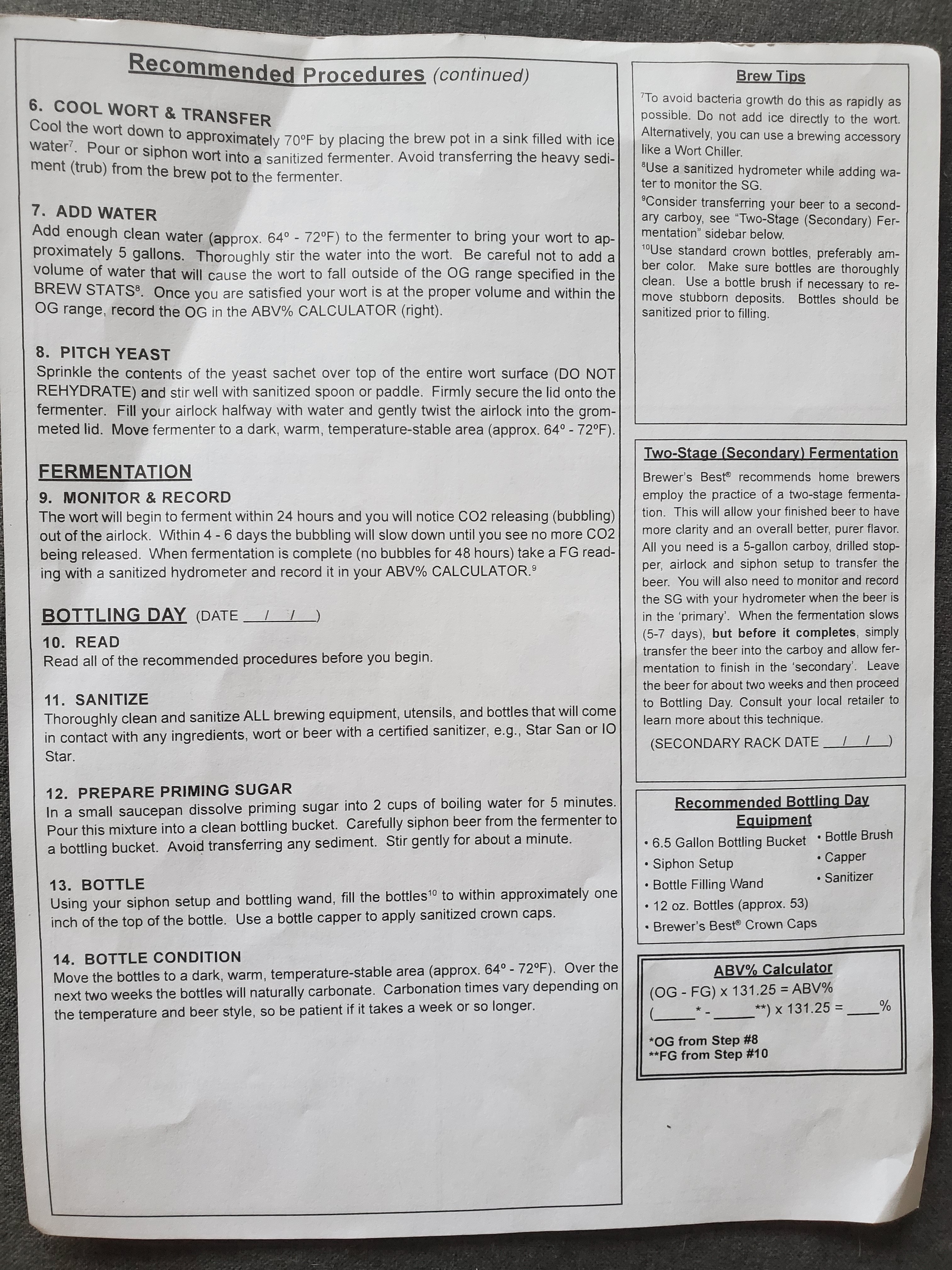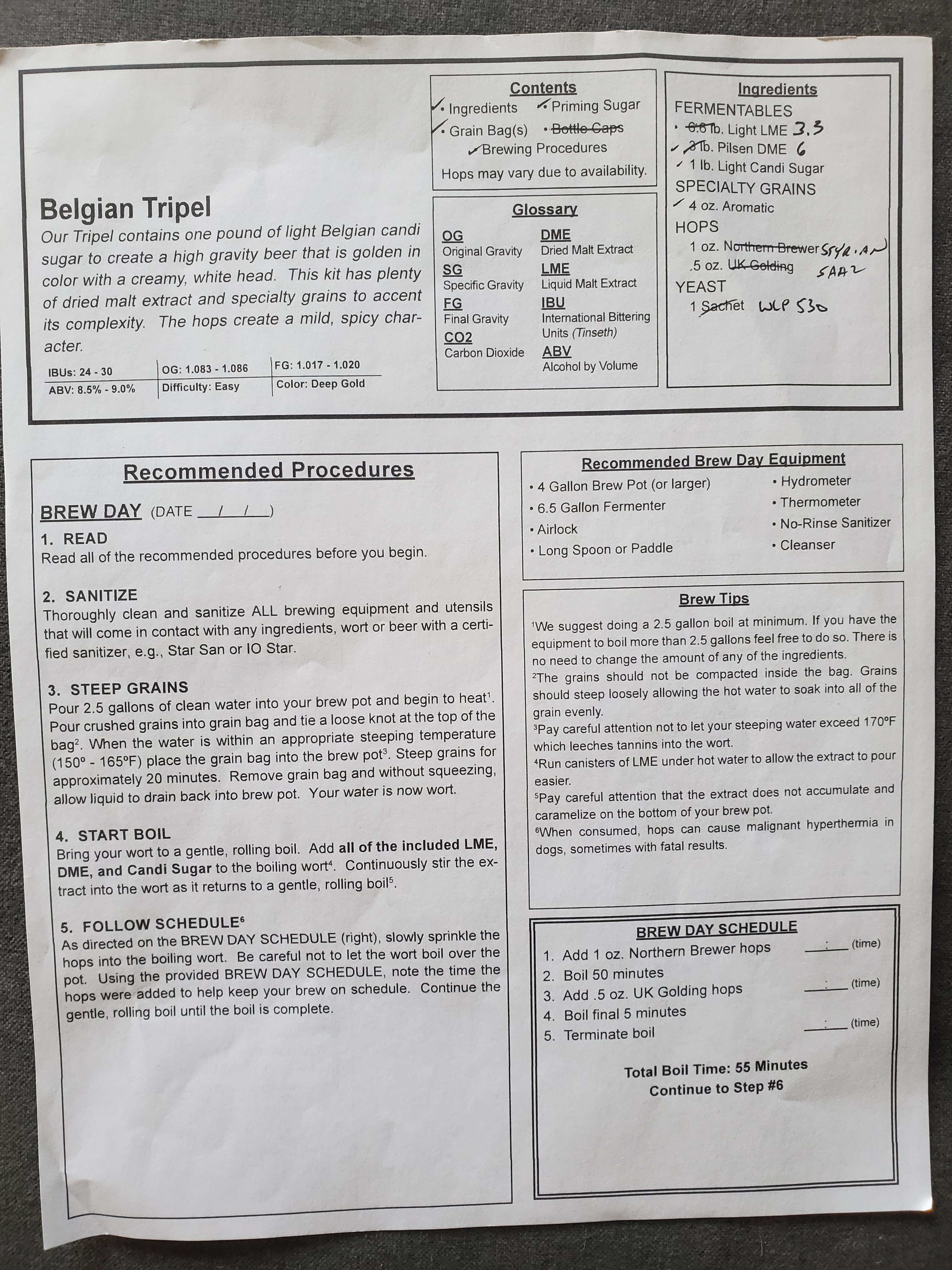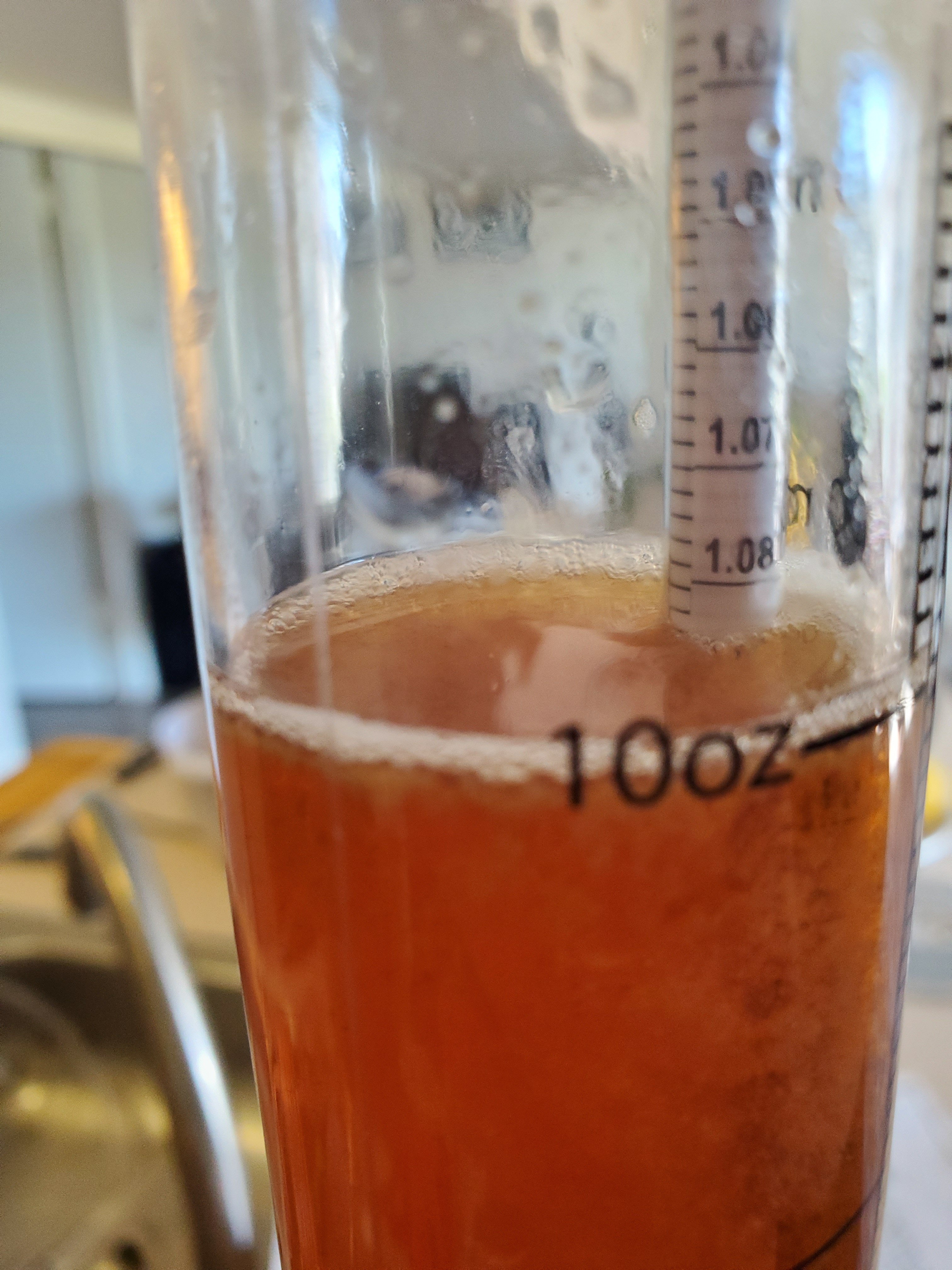Qualifier: I don't do Belgians, and I don't brew extract, though I did when I started.
But if I were adding candi sugar, I'd be very concerned about two things: getting it mixed in well, and not allowing it to scorch on the bottom of the kettle as you're heating to a boil.
People who use liquid malt extract in brewing know this: when it's added to the boil kettle, it tends to sink to the bottom where, if the heat is high, it can scorch. When you pour in the candi sugar, where does it go? Does it simply collect on the bottom of the kettle where it's being carmelized and scorched?
If it were me, I'd add that sugar late; it's mostly just a flavor and fermentable thing, doesn't need to be boiled for all that long. When I added it, I'd turn off the heat and make sure it was fully incorporated before returning the kettle to heating.
******
There's nothing necessarily problematic with boiling DME for an hour, but the same conditions obtain: you want it well mixed before you start hitting the kettle with lots of heat. I do all-grain; when I transfer the wort to the kettle, at that point, what I have in my kettle is essentially the same as what you have. The process of boiling can cause the wort to darken a bit, and that's not uncommon with DME. Especially with your Belgian, I'd be more focused on the flavor at this point than the color.

















































![Craft A Brew - Safale BE-256 Yeast - Fermentis - Belgian Ale Dry Yeast - For Belgian & Strong Ales - Ingredients for Home Brewing - Beer Making Supplies - [3 Pack]](https://m.media-amazon.com/images/I/51bcKEwQmWL._SL500_.jpg)













